Photo by Ricky Esquivel/Pexel
Long before we started discussing artificial intelligence — or even at the dawn of the computer era — creative storytellers and science writers were already imagining dystopian worlds filled with robots and androids that would break Asimov’s Laws and take over the world.
From Cold War supercomputers to android companions and self-aware storytellers, countless science-fiction and popular-science books explore what happens when machines learn, ‘think’, and act — and what that means for us. ABSW presents a (small) selection of novels and non-fiction titles that aim to spark reflection and discussion.
We invite our members to share their own preferences and recommendations so we can continue building this list. (Please use this form to let us know your choice, and tell us why you recommend it.)
- 'Colossus' (1966), by D.F. Jones
- Charles Forbin has dedicated the last ten years of his life to the construction of his own supercomputer, Colossus, the United States' first Artificial Intelligence defence system. Colossus soon exceeds even Forbin's calculated expectations, learning to think independently, and wants to talk with Guardian, the USSR supercomputer. "Also a great movie," adds Paul Guinnessy, ABSW member
- 'Do Androids Dream of Electric Sheep?' (1968), by Philip K. DickAdded on 15/10/2025
- "The novel is a profound meditation on our relationship with human-like technology. (The emphasis being 'like'.) The author never lost sight of the fact that these things were machines—the danger, chiefly, was the psychic harm they would cause us by our habit of imbuing things with properties they do not have (creativity, soul, consciousness, etc)," says Ananyo Bhattacharya, science writer and ABSW member. (Ananyo wrote about the book on its 50th anniversary for Nature - In Retrospect.)
"No machine has intentionality—only we humans give it that. And there again lies the danger: AI won't kill us all unless someone accidentally tells it to," says Ananyo Bhattacharya based on Philip K. Dick book 'Autofac' (1955)
- 'Tik-Tok' (1983), by John Sladek
- Something had gone terribly wrong with Tik-Tok's 'asimov circuits', and he sets out to injure as many people as possible - preferably fatally - while maintaining the exterior of a mild-mannered artist and a sincere campaigner for robot rights. He becomes the first robot candidate for Vice-President of the United States.
- 'Culture series' (1987-2012), by Iain M. BanksAdded on 15/10/2025
- "To add something with a slightly more positive/optimistic slant of AI's being in charge, I'd suggest the 'Culture' novels by Iain Banks, where the 'Minds' are mostly benevolent super-AIs that basically run the whole civilisation. I think it's fair to say that in those, they 'rule over' humanity (and other races), but perhaps not in the way most people envisage. Plus, they're a great read..." – Gavin Hubbard, senior communications manager and ABSW member
- 'Genesis' (2006), by Bernard Beckett
- "Compelling take that’s the closest thing to Planet of the Apes I’ve read in a while (the book, not the movie)." – Paul Guinnessy, Director of Digital Experience at the American Institute of Physics
- 'Hello World: Being Human in the Age of Algorithms' (2018), by Hannah Fry
- "A beautifully accessible guide.…One of the best books yet written on data and algorithms." – Times (UK)
- 'Autonomous' (2018), by Annalee Newitz
- Jack is an anti-patent scientist turned drug pirate. Her latest drug hack has left a trail of lethal overdoses as people become addicted to their work. The science journalist and founder of the science and sci-fi blog io9, Annalee Newitz, has written a novel that explores humanity's technology and culture in a future where everything – and everyone – is a product.
- 'Menace of the Machine: The Rise of AI in Classic Science Fiction' (2019), by Mike AshleyAdded on 15/10/2025
- This collection of classic stories reveals striking insights into humanity’s steady evolution towards coexistence with intelligent machines. Mike Ashley is a British bibliographer, author and editor of science fiction, and has published over 100 nonfiction books and anthologies.
- 'Klara and the Sun' (2021), by Kazuo Ishiguro
- Kazuo Ishiguro published this book after winning the Nobel Prize in Literature in 2017. In this dystopian future, the narrator is an Artificial Friend called Klara. She was purchased as an Android companion chosen by 14-year-old Josie, who is sick. She ponders her existence and what it means to survive; she also realises that Josie’s mother has a sinister plan.
- 'I Am AI' (2023), by Ai Jiang
- "Ai lives in a capitalist dystopia where she struggles to keep up and make a living as a writer because AI is churning out easy content, and she can’t compete. She’s doing everything she can to compete, though—she’s been slowly replacing her own body parts with machine parts to try and grind out a more productive schedule, to try and keep up," writes Leah Rachel von Essen in Book Riot.
- 'Hum - A Novel' (2024), by Helen Phillips
- "A future-gazing dystopian vision of motherhood that, like the best science fiction, seems both familiar and strange. A desperate mother is forced to trust a robot to try to save her family after they decide to take a vacation to the kind of natural landscape made rare by runaway industrialisation," writes Stephanie Brown in Celadon Books.
- 'Supremacy: AI, ChatGPT, and the Race that Will Change the World' (2024), by Parmy Olson
- Parmy Olson, tech writer at Bloomberg, uses her 13 years of experience covering technology to bring to light the exploitation of the greatest invention in human history, and how it will impact us all.

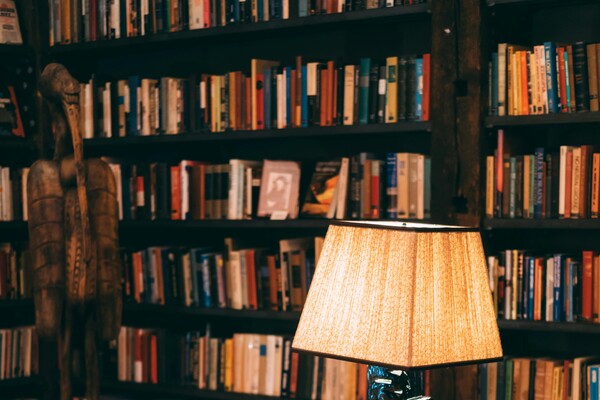
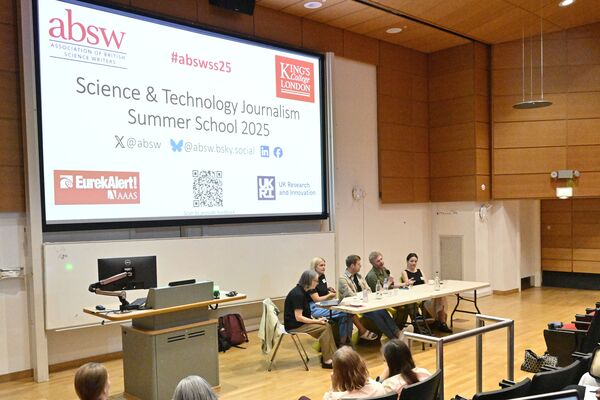
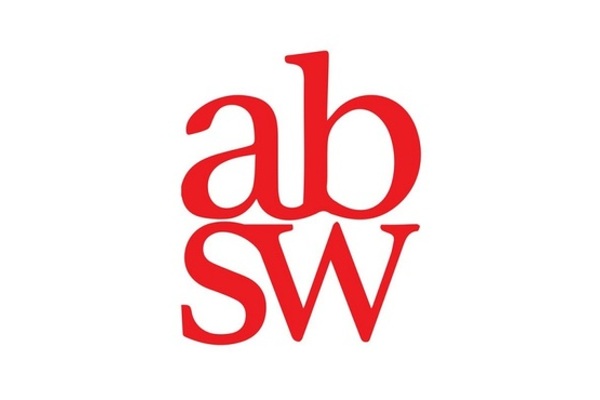
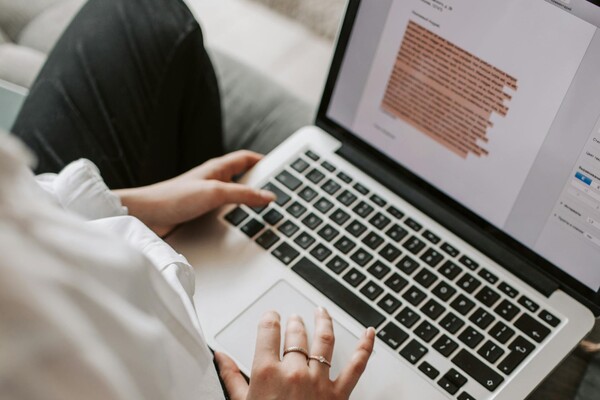
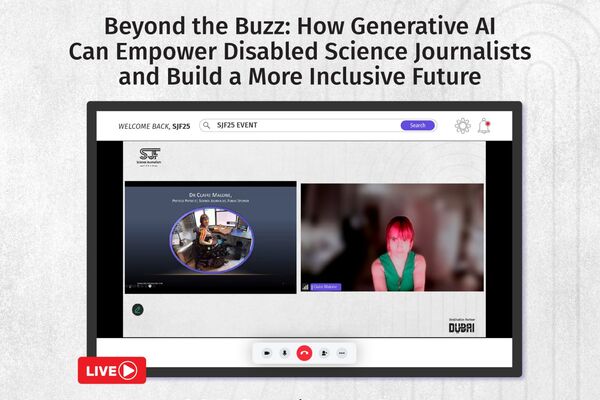





You must be logged in as a member to add comments.
Become a member
Already a member? Log in or create an account.